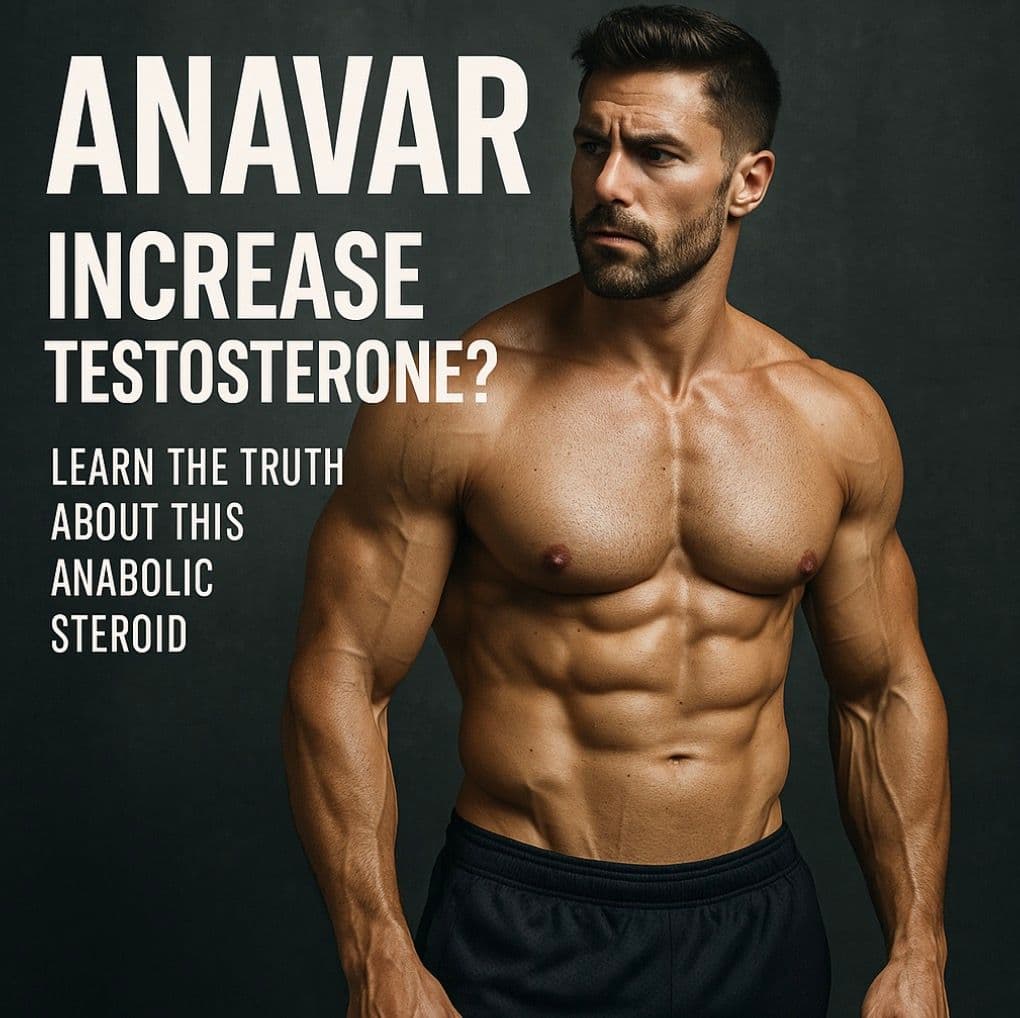Does Anavar Increase Testosterone? Here’s What You Should Know
Published on:
Updated on:

People are asking...
I noticed you offer Anavar. I’m doing jiu Jitsu in the morning and heavy weight training in the evening. I am losing weight, but also losing a signifi...
Yes, we do offer Anavar and it sounds like you would be a good candidate for adding it to your TRT. It will certainly benefit your recovery and help you regain muscle mass, even in a caloric deficit. ... See Full Answer
Do you prescribe Anavar for people already on TRT from their primary doctor?...
Yes.... See Full Answer
Why does testosterone increase my anxiety ?...
Most men who use testosterone actually report a decrease in anxiety. We have seen that men who use testosterone that aromatize to excess (ie convert the testosterone to estrogen) are the ones who comp... See Full Answer
Have a question? Ask us.
At AlphaMD, we're here to help. Feel free to ask us any question you would like about TRT, medical weightloss, ED, or other topics related to men's health. Or take a moment to browse through our past questions.
Anavar is a synthetic anabolic steroid that’s commonly used to help preserve muscle mass, promote recovery after significant weight loss, and support certain hormone-related conditions. While often discussed in athletic and fitness circles, many people are unsure about its impact on testosterone levels. This brings up a frequently asked question: does Anavar increase testosterone? The answer is more complex than it might seem—especially when considering how Anavar also known as Oxandrolone interacts with the body’s natural hormone systems.
Anavar and Testosterone: Understanding the Relationship
Despite its anabolic properties, Anavar does not increase testosterone levels. In fact, it may suppress your body’s natural testosterone production. When synthetic androgens are introduced, the brain signals the body to reduce or stop its own testosterone output. This occurs through negative feedback suppression of the hypothalamic-pituitary-gonadal (HPG) axis.
Although Anavar is often labeled as a “mild” steroid, it still poses a risk of hormone suppression—especially when taken at high doses or for extended periods.
Anavar’s Role in Hormone Therapy
In some medically supervised treatment plans, Anavar may be prescribed alongside testosterone replacement therapy (TRT) to support muscle maintenance, particularly in patients with muscle-wasting conditions. However, Anavar on its own is not intended to treat low testosterone, and using it without concurrent hormone therapy can potentially lower testosterone levels further.
Careful hormone testing and clinical oversight are critical to safe, effective use.
Side Effects and Health Considerations
Potential side effects of Anavar include:
- Suppressed testosterone production
- Cholesterol imbalances
- Elevated liver enzymes
- Acne and skin changes
- Mood swings or reduced libido
These effects underscore the importance of medical guidance and lab monitoring when using anabolic steroids, even for short-term benefits.
Final Thoughts
So, does Anavar increase testosterone? The simple answer is no. While it can be helpful for maintaining lean muscle under specific medical conditions, it may actually suppress natural testosterone production if used without proper support.
At AlphaMD, we offer personalized, online hormone therapy for both men and women—including TRT and supplemental treatments like Anavar when clinically appropriate. Our expert team delivers care and medications directly to your door, ensuring a safe and convenient approach to hormone health.
Have a question? Ask us.
At AlphaMD, we're here to help. Feel free to ask us any question you would like about TRT, medical weightloss, ED, or other topics related to men's health. Or take a moment to browse through our past questions.
People are asking...
I noticed you offer Anavar. I’m doing jiu Jitsu in the morning and heavy weight training in the evening. I am losing weight, but also losing a signifi...
Yes, we do offer Anavar and it sounds like you would be a good candidate for adding it to your TRT. It will certainly benefit your recovery and help you regain muscle mass, even in a caloric deficit. ... See Full Answer
Do you prescribe Anavar for people already on TRT from their primary doctor?...
Yes.... See Full Answer
Why does testosterone increase my anxiety ?...
Most men who use testosterone actually report a decrease in anxiety. We have seen that men who use testosterone that aromatize to excess (ie convert the testosterone to estrogen) are the ones who comp... See Full Answer
Get $30 off your first month’s order
Enter your email address now to receive $30 off your first month’s cost, other discounts, and additional information about TRT.
Legal Disclaimer
This website is a repository of publicly available information and is not intended to form a physician-patient relationship with any individual. The content of this website is for informational purposes only. The information presented on this website is not intended to take the place of your personal physician's advice and is not intended to diagnose, treat, cure, or prevent any disease. Discuss this information with your own physician or healthcare provider to determine what is right for you. All information is intended for your general knowledge only and is not a substitute for medical advice or treatment for specific medical conditions. The information contained herein is presented in summary form only and intended to provide broad consumer understanding and knowledge. The information should not be considered complete and should not be used in place of a visit, phone or telemedicine call, consultation or advice of your physician or other healthcare provider. Only a qualified physician in your state can determine if you qualify for and should undertake treatment.
